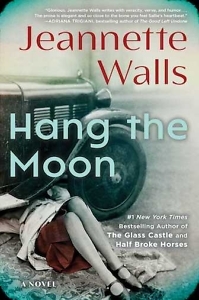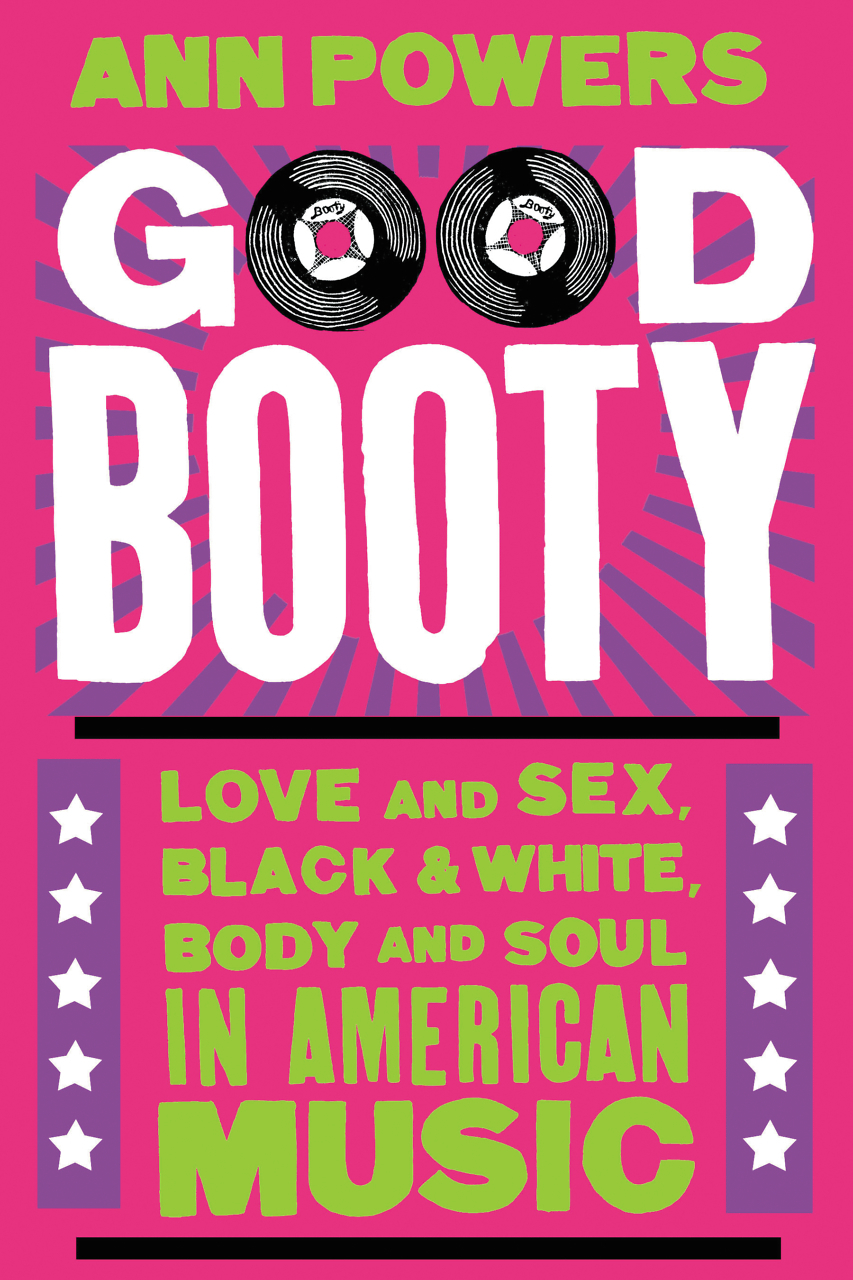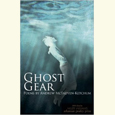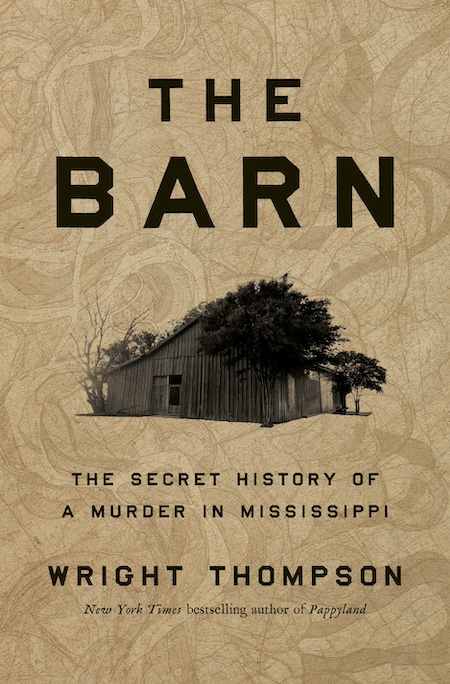Stronger Stuff
Hang the Moon brings feminism to the Prohibition era — and it’s a wild ride
The first thing to know about Jeannette Walls’ new novel Hang the Moon is the old adage, don’t judge a book by its cover. The black-and-white image of a woman lying under a dawn-of-automobiles car, apparently tinkering with it, suggests a whimsical story. The thin, feminine legs — knees pursed together, of course, so as not to reveal anything beneath her skirt —juxtaposed with the act of engaging in “men’s work” signals something much more generic than Hang the Moon has to offer. The novel’s hero, Sallie Kincaid, is made of much stronger stuff.

The title refers to Sallie’s first impression of her father — whom everyone, including his children, calls “the Duke.” He’s the kind of swaggering, boastful man who fills every space he enters, leaving little room for anyone else. It’s the 1920s, during Prohibition. Though the county has a mayor, it’s no secret that the Duke runs things, acting “tough but fair” as he manages the community’s chief industry: whiskey.
The Sallie we meet in the prologue is a doting daughter — motherless, but so enamored with her father that she thinks “the Duke hung the moon and scattered the stars.” Her scowling stepmother Jane spends her days shut up with Sallie’s frail but brilliant half-brother Eddie. Where Sallie is boisterous, Eddie is reserved. Where Sallie feels alive sailing down the hill in her red wagon, the “Defiance Coaster,” Eddie plays mournful songs on the piano. The Duke is obsessed with “bringing out the Kincaid in that boy,” and Sallie wants to help Eddie become the son the Duke wants. Within paragraphs, an accident occurs that injures Eddie, and the Duke sends Sallie off to live with an impoverished relative for a few weeks. We flash forward nine years, to the day when Sallie is finally invited back home.
The Duke’s toxic masculinity will have ruinous results. His relationships with his children are set up to define Sallie’s life, and for a while, it seems like this is how it will go. But Sallie is so much more than the Duke’s daughter, and when he exits the picture, the book gets a lot more interesting. Sallie’s understanding of gender evolves, and it’s ultimately the relationship she has with herself and her place in the world that is most compelling. The men in the story are chronically unreliable, so Sallie creates a life for herself and for the women who surround her, independent from any man.
 Tragedy befalls the Kincaids again and again in series of calamities and catastrophes that Sallie manages to survive. And she doesn’t merely survive — she thrives. It’s easy to fall in love with her, to root for her from chapter to chapter, to see parts of yourself reflected in her steely determination to stay loyal both to the people in her town and to her own moral code.
Tragedy befalls the Kincaids again and again in series of calamities and catastrophes that Sallie manages to survive. And she doesn’t merely survive — she thrives. It’s easy to fall in love with her, to root for her from chapter to chapter, to see parts of yourself reflected in her steely determination to stay loyal both to the people in her town and to her own moral code.
We see Walls in her, too. In The Glass Castle, Walls’ celebrated 2005 memoir, she also looks up to her parents as a child and wrestles with their shortcomings as she grows up. Both women have a reckoning that is heart-wrenching — but also freeing, for it allows each to come into her own and set her own terms for living. Sallie continues the family business, stepping into her father’s role as a bootlegger but leaving behind his toxicity and violence.
Any story set in the 1920s about a wealthy Southern family should reckon with slavery, and Hang the Moon does touch on it. Everyone calls the family home the “Big House,” and the Duke’s father was a high-ranking Confederate officer. While the line of succession — and the sexism baked into it — is central to the narrative, the racial implications could be given more room to breathe. Walls creates a Black character whose story embodies the violent racism of Jim Crow. However, the character effectively functions to accelerate the plot and position Sallie as “on the right side.” More character development might have deepened the novel’s reflection on race relations.
Nonetheless, Hang the Moon also paints portraits of a variety of mountain people — families entrenched in petty disputes, women beholden to the secrets of their pasts, men who seem to sail through life even as their own natures betray them. The novel is a page-turner that unfolds cinematically, and like Sallie’s early excursions on the Defiance Coaster, it’s a wild ride.

Erica Ciccarone is a writer, journalist, and editor in Nashville.


